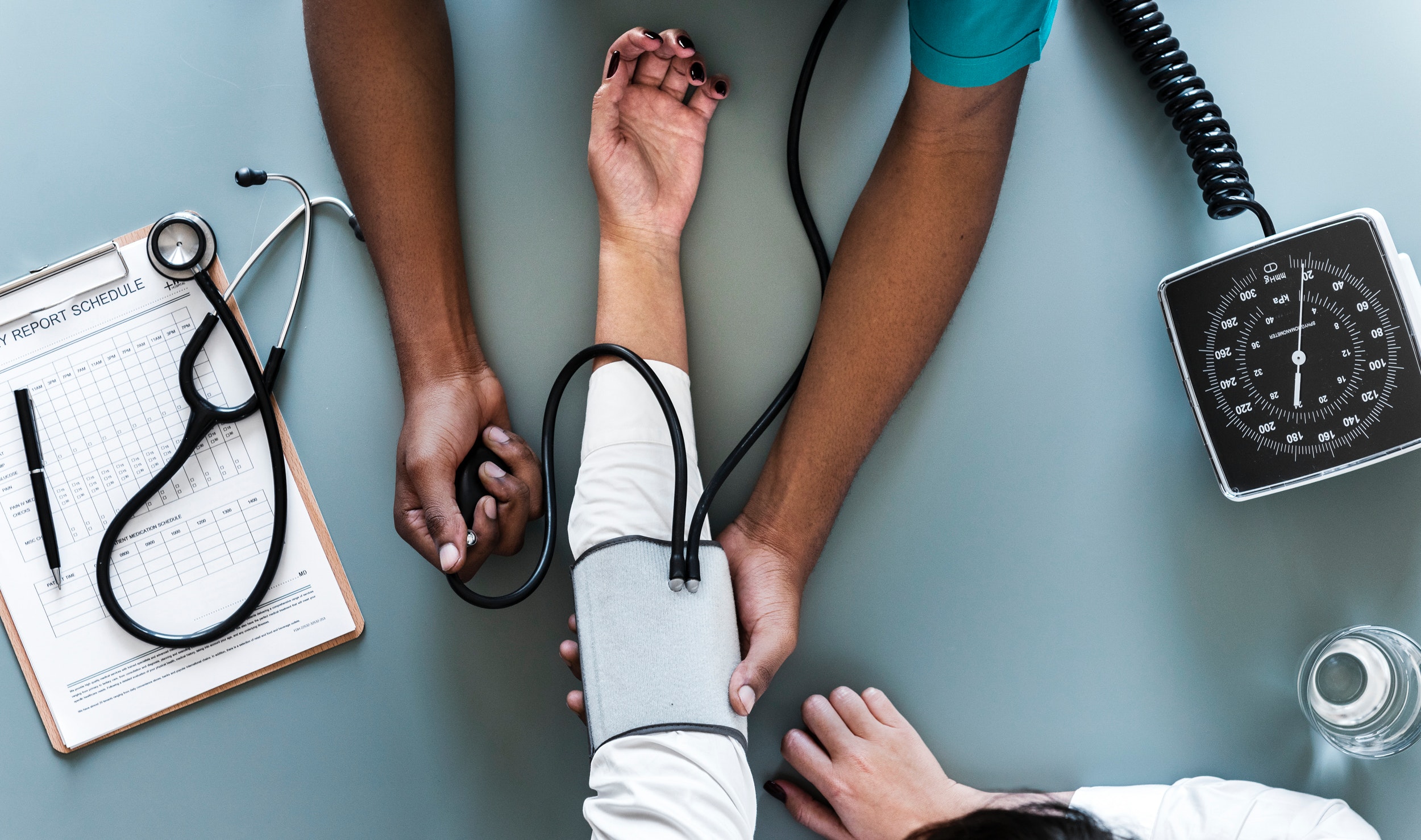High blood pressure or hypertension is one of the leading heart problems in the world. One of the major problems with hypertension is many people don’t know they have hypertension. Up to 1/3 of patients with hypertension are unaware of their condition, and the only way that they could know is through having regular checkups. Symptoms of high blood pressure vary per person, and many people are asymptomatic until they develop secondary symptoms or complications. The general symptoms of hypertension may include the following:
- Developing severe headaches
- Having generalized fatigue
- Confusion
- Vision problems
- Developing sudden and lingering chest pains
- Some patients also report difficulty in breathing
- Arrhythmia or irregular heartbeat
- Blood-tinged urine
- A feeling of pounding around the head and neck area, including the ears, nape, and near/around the chest (which may not be painful, but conspicuous nonetheless)
Having high blood pressure is not good no matter the age, and it would be best to consult with your physician as soon as possible if you believe you have hypertension. Family medical history is an easy resource to determine your risk of developing hypertension. Having a non-ideal lifestyle can also trigger it. How long will a person have it? If the genetic risk for it is high, you will probably have to deal with bouts of high blood pressure for the rest of your life. Regulating it with lifestyle changes and the proper medication will help reduce the strain on your heart.
Knowing the relationship between blood pressure and pain is important, especially if you have chronic and degenerative conditions that cause pain regularly, such as rheumatism and arthritis. While many people say that they can just weather out the pain, it doesn’t mean that the pain doesn’t have any substantial or lasting impact on their health.
Systolic versus diastolic: which matters most?
According to conventional medicine, the top number of a blood pressure reading is considered more important as it shows the clearest picture of your risk for stroke or heart attack. The top part of a blood pressure reading is called systolic blood pressure. Older patients tend to have higher systolic blood pressure readings – this is called isolated systolic hypertension, and it gets more common as a person ages. In terms of risk, if we were to compare a blood pressure reading of 160/80 versus 150/90, the 160/80 reading is riskier than the latter because the “squeeze” or contraction pressure of the heart as it sends out blood to the different systems of the body is higher than what is considered ideal blood pressure, which is >120/80.
In some contending studies, diastolic blood pressure (the lower number) is sometimes considered more important, depending on the health and circumstances of the patient. It has been said that patients younger than 40 that have consistently high diastolic blood pressure are more at risk. However, younger people, in general, are at less risk for developing sudden heart attacks and stroke, so in terms of assessment, a physician may instead look at the current lifestyle of the patient to ensure that it is as close to the ideal as possible.
Can Pain Increase Blood Pressure? Can pain make your blood pressure go up?
In a nutshell, yes, research has established a relationship between pain and blood pressure. In one study that tried to see if the application of opioid painkillers had any effect on the elevation of blood pressure due to pain, it has been found that in most cases, the entry of painkillers does not quell the rise of blood pressure if the patient exhibits substantial sensitivity to pain. What this means in layman terms is that a person’s blood pressure can shoot up substantially if he/she has low pain tolerance. We can infer from the data that people who can weather away the pain will have a higher threshold before their blood pressure shoots up well beyond the healthy point if they are psychologically and emotionally able to hold up well in the presence of pain.
Why Does Your Blood Pressure increase When In Pain? Can pain cause high diastolic blood pressure?
The relationship between pain and blood pressure is poorly understood in terms of what can be done to balance medication to ensure that painkillers do not undo the effect of antihypertensive drugs. On the whole, the medical community believes that pain triggers a spinal reflex that then results in the activation of the sympathetic nervous system, which has access to heart activity. Pain can raise one’s diastolic blood pressure because it harms the body, and the body goes into adaptation mode to guard itself against injury. The problem with the sympathetic reaction to pain is that often, we don’t need a higher blood pressure to get things done in the body, so the effort of the heart muscle is wasted. People who suffer from chronic pain should ask their doctors for additional antihypertensive treatment if they feel that the pain is contributing to their daily struggle.
To reduce the impact of acute pain, a person has to eventually learn how to adapt to acute pain, as one’s pain threshold influences the activation of the peripheral nervous system and central nervous system. A sharp rise in blood pressure after experiencing pain is deemed to be part of the short term or long term compensation to stressors. Pain is a form of stress, and stress should be managed by a combination of physiological adaptation, and medication, if it will do the person any good.
The longer the pain exists, the more adaptation and stress response you can expect from the body. Doctors note increasing sympathetic nerve activity as pain is prolonged, and the body changes in response to the pain. Diminished response to pain is the goal of many types of research around the world.

